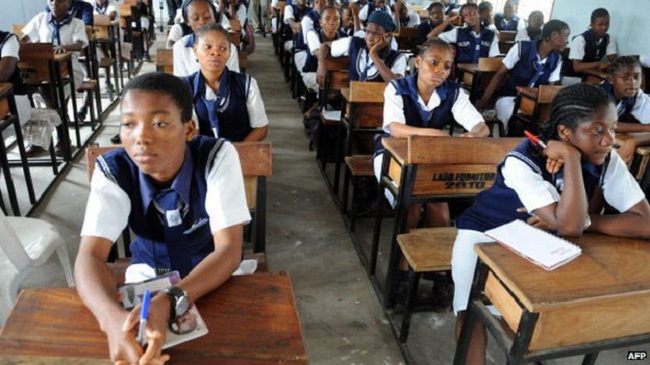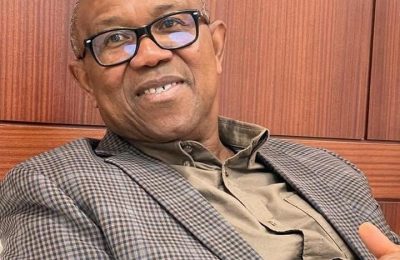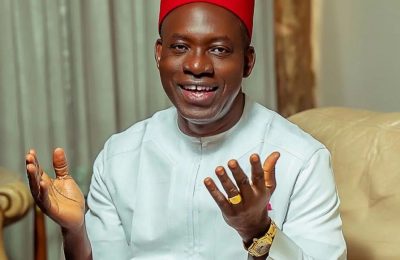THE acting executive secretary, of the National Senior Secondary Education Commission (NSSEC), Mr Ibraheem Abdulkareem, has expressed the determination of the Federal Government to strengthen secondary education in Nigeria to enhance quality teaching and learning.
He said this was one of the reasons why the commission in collaboration with other relevant stakeholders undertook a review of the Zero Draft Minimum Standard earlier produced in the year 2022.

Abdulkareem spoke at the NSSEC stakeholders meeting held in collaboration with the Adolescent Girls Initiative Learning Empowerment (AGILE) and other key stakeholders in Keffi, Nasarawa State.
He noted that the purpose of the stakeholders meeting among others was to scrutinise the draft and strategise on ways to enforce the minimum standards in schools so as to curtail the ills at the level of education.
Abdulkareem, who doubles as the director of Quality Assurance Department of NSSEC, said that the draft document would further be presented to the national bodies for ratification before implementation.
The chairman, Board of the National Senior Secondary Education Commission (NSSEC), Mr Nimota Akanbi, on her part, lamented multiple challenges confronting secondary education in Nigeria, appealing to stakeholders to join forces with the commission to improve the quality of teaching and learning at that level of education.
She listed inadequate infrastructural facilities, recruitment of unqualified teachers and lack of required science laboratories and technical workshops as major challenges confronting secondary education in the country.
She added that these issues were pronounced during the Needs Assessment exercise recently conducted by the commission in some public and private senior secondary schools across the six geo-political zones in the country.
She noted that in order to effectively tackle some of these challenges, the commission had commenced the review of the Zero Draft Minimum Standard earlier produced in the year 2022.
She added that this would enable the commission to carry on its mandate of prescribing and enforcing Minimum Standards in all the public and private senior secondary schools in Nigeria.
She said: “It is a common knowledge that most of the senior secondary schools in the country are faced with the challenges of inadequate infrastructural facilities, lack of required science laboratories and technical workshops as well as inappropriate tools and equipment for skills acquisition.”
She revealed that many of unqualified persons have been engaged in teaching in the schools, saying that this does not conform to international best practices, hence the poor performance of students in senior secondary schools.
She, therefore, implored the stakeholders to bring their wealth of experiences and expertise to bear by contributing meaningfully to the draft documents for the benefit of learners at the senior secondary education level.







